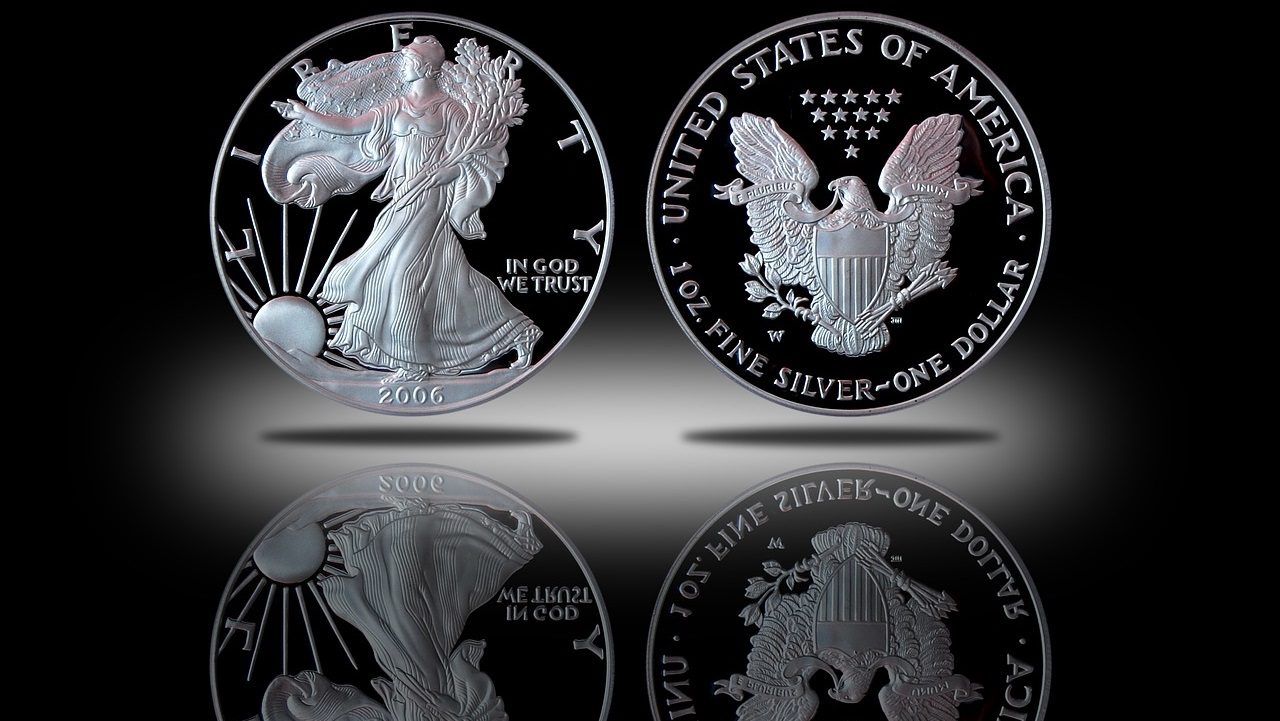“Silver Isn’t Scarce” and Other Myths | SchiffGold

A commenter on the SchiffGold Facebook page recently asserted that silver coins are “junk.” Why? Because as he put it, “silver is not rare,” and, “The silver/gold ratio investment premise is obsolete in this industrial, computerized and AI world.”
What should we make of these assertions?
We’ll start with his first statement – silver isn’t rare.
But it is.
Of course, rare is a relative term.
Silver is relatively abundant compared to gold. But it is extremely rare compared to copper. About 1.5 million tons of silver have been mined in history compared to 700 million tons of copper. And copper is rare compared to iron. Over 3 billion tons of iron have been mined.
Silver is also becoming increasingly “rare” based on demand.
There has been a market deficit over the last two years and that is expected to increase. In fact, one study estimates the solar energy sector alone will require over 20% of the current annual silver supply by 2027. And by 2050, solar panel production will use approximately 85–98% of the current global silver reserves.
Silver supply is already constrained.
Record global silver demand and a lack of supply upside contributed to last year’s 237.7 million ounce market deficit. It was the second consecutive annual deficit in a row. The Silver Institute called it “possibly the most significant deficit on record.” It also noted that “the combined shortfalls of the previous two years comfortably offset the cumulative surpluses of the last 11 years.”
The bottom line is that silver is rare in both absolute terms and in relation to demand for the metal.
But what about the silver-gold ratio? Is this an outmoded investment metric?
The short answer is no.
We could debate whether the historic silver-gold ratio is overstated in a 21st-century context, but the fact remains that silver has generally tracked with gold over time. That’s why investors follow the movements of the silver-gold ratio and have for decades. Gold bull markets pull silver up with them and silver has actually historically outperformed gold during those runs. The pandemic provides the most recent example.
The current ratio stands at around 82-1. That means it takes 82 ounces of silver to buy one ounce of gold. To put the current ratio into perspective, the average in the modern era has been between 40:1 and 50:1
You might argue that 40:1 is low in the modern era, but we have seen a return to the mean more than once in recent years.
The ratio fell to 30-1 in 2011 and below 20-1 in 1979. More recently, it dropped into the 60-1 neighborhood during gold’s bull run in the midst of COVID lockdowns.
When the spread gets as wide as it is currently, silver typically doesn’t just outperform gold, it goes on a massive run in a short period of time. Since January 2000, this has happened four times. As this chart shows, the snapback is swift and strong.
Calling the silver-gold ratio “irrelevant” simply doesn’t stand up in the face of recent historical evidence.
Our intrepid Facebook commenter recommends buying numismatic coins with specific dates. (He wasn’t kind enough to reveal what dates I should be looking for.) I wish him luck. I hope he realizes that he’s paying extremely high premiums in the hope that somebody will want his “collectible” coin in the future. Sure, he may luck into a coin that makes him rich.
And I might find gold lying on the beach.
It’s more likely that he’ll end up stuck with a “collectible” coin nobody wants to buy at the price he paid for it.
While buying bullion coins such as American Silver Eagles or Canadian Silver Maple Leafs might not be sexy, there will always be a market for these coins. And since they are valued based on the metal itself, not some arbitrary subjective standard set by collectors, you know exactly what they’re worth.
Investing in silver might not be for everybody, but you’re foolish to spurn the white metal due to baseless assertions.
Call 1-888-GOLD-160 and speak with a Precious Metals Specialist today!








